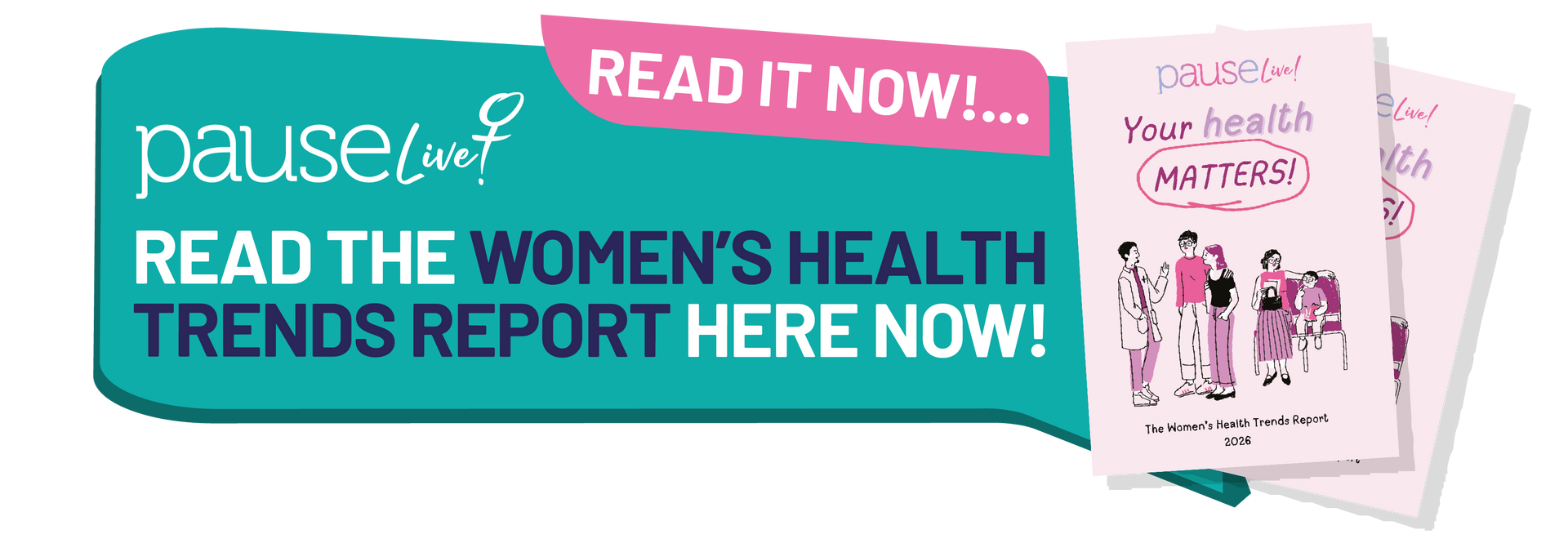MANAGING MENOPAUSE SYMPTOMS
Loss of Confidence & Self‑Esteem in Menopause
Many women experience a decline in confidence and self-esteem during perimenopause and menopause. This often arises from hormonal shifts—particularly falling oestrogen and, in some cases, testosterone—that affect mood, cognition, and emotional resilience. Concurrent life stressors such as career transitions, ageing, relational changes or caregiving responsibilities may amplify the impact
Common Signs and Experiences
- Brain fog and impaired cognition: Many report memory lapses, difficulty concentrating, reduced processing speed and trouble articulating coherent sentences—all eroding a sense of competence and reliability at work or socially
- Negative self-talk and imposter syndrome: You may notice harsh inner criticism questioning your appearance, skills or worth—fuelled by menopausal changes, social comparison and internalised ageist ideals
- Body image concerns: Changes like weight gain, hair loss, skin texture, libido shifts or physical ageing can contribute to feelings of invisibility, unattractiveness and undesirability
- Social withdrawal and work-related anxiety: Some women reduce social or professional engagement due to heightened self-consciousness, fear of being judged, or loss of confidence in performance
Why It Happens – Key Drivers
- Hormonal fluctuations: Declining oestrogen and testosterone affect neurotransmitters linked to mood, stress regulation and cognitive clarity, contributing to diminished confidence
- Ageist culture and societal invisibility: Misleading narratives equate menopause with decline. Many women feel overlooked in workplaces and social settings, limiting opportunities and visibility as they age
- Life transitions: Events such as retirement, empty-nest syndrome, bereavement or health changes can challenge a woman’s self-concept, adding emotional complexity during menopause
Strategies to Reclaim Confidence
1. Address Hormonal and Mood Symptoms
- Consider HRT: Properly prescribed hormone replacement therapy may significantly improve mood, cognitive clarity, energy and motivation—often reducing self-doubt and imposter feelings
- Track symptoms: Keep a symptom journal to observe patterns and plan interventions (e.g. rest days, therapy, peer support)
2. Psychological and Therapeutic Support
- Cognitive Behavioural Therapy (CBT) can help restructure negative thought patterns, combat self-criticism, and boost self-worth through compassionate self-talk and cognitive reframing
- Join peer support networks: Sharing experiences in menopause groups—online or in person—helps reduce isolation and normalize feelings
3. Lifestyle, Diet and Movement
- Exercise regularly: Physical activity supports mood through release of dopamine and serotonin, strengthens body confidence, and alleviates fatigue or lethargy
- Mindful eating & sleep hygiene: A balanced diet, reduced alcohol/caffeine, and structured sleep can stabilize mood and bolster resilience.
4. Navigating Work and Social Spaces
- Seek workplace understanding: Many organisations now have menopause policies or can offer flexible arrangements. Consider discussing reasonable adjustments or workload flexibility with line managers or HR
- Set healthy boundaries and self-compassion: Recognise your limits, own your achievements—both big and small—and avoid unrealistic perfectionism driven by societal norms
5. Rediscover Meaning and Purpose
- Celebrate strengths: Recall past achievements and personal qualities beyond physical appearance—expertise, resilience, empathy or emotional intelligence
- Embrace new interests: Some women find renewed confidence through creative endeavours, volunteering, or personal projects in midlife


